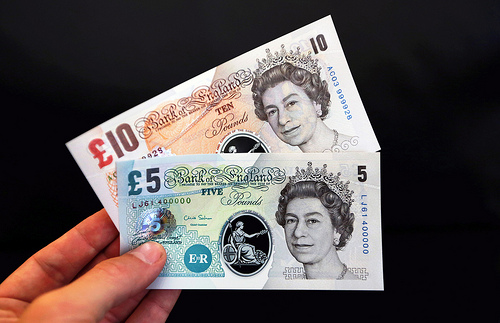Household Bills
Revealed: the deadly bacteria lurking on your cash

Moving to a cashless society may be no bad thing as research reveals deadly superbugs are lurking on our notes and coins.
Financial comparison site money.co.uk teamed up with the London Metropolitan University to put money under the microscope to see what’s really lurking in our wallets.
And the findings are not for the faint hearted.
Researchers found 19 different bacteria on UK coins, polymer £5 and £10 notes, and paper £20 and £50 notes, including two life threatening bacteria associated with antibiotic resistant superbugs – Staphylococcus aureus (MRSA), which can cause food poisoning and toxic shock syndrome, and Enterococcus faecium (VRE), which can cause skin, urinary tract and blood infections.
The life-threatening airborne bacteria Listeria, which has been linked to food poisoning and miscarriage, was also found on notes and coins.
While the use of cash is declining, 13.1 billion cash payments were made in the UK in 2017, according to UK Finance figures.
Dr Paul Matewele, Professor of Microbiology at London Metropolitan University said: “One of the most shocking discoveries was finding so many microorganisms thriving on metal, an element you wouldn’t normally expect to see germs surviving on. The bugs have adapted to their environment, resulting in coins becoming a breeding ground for harmful bacteria.”
Polymer notes, which were introduced by the Bank of England in 2016, are meant to be cleaner and more resistant to dirt and moisture. But life-threatening bugs were even found on these new notes.
Hannah Maundrell, editor in chief of money.co.uk said: “These findings could reinforce the argument for moving towards a cashless society and might be the nail in the coffin for our filthy coppers. I suspect people may think twice before choosing to pay with cash knowing they could be handed back change laced with superbugs.
“We’d recommend and remind people to wash their hands thoroughly after handling money to help prevent spreading these harmful bacteria.”